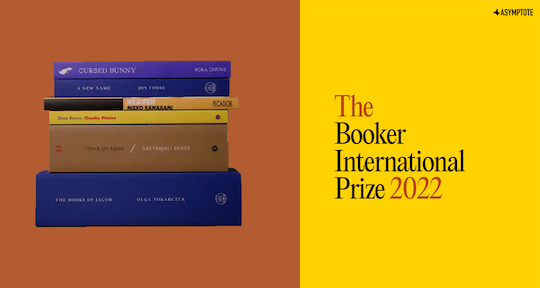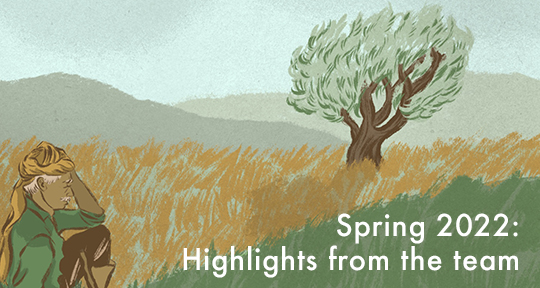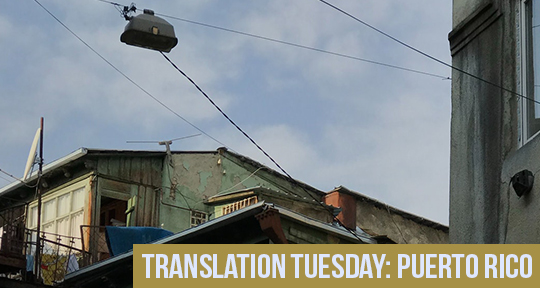What makes us who we are, what shapes and defines us? Is it the country that we come from or the language we speak? Is it our sex or sexual orientation? The generation or political system into which we were born? Is it our job, the class we belong to, or the education that we are privileged with or denied? Is it our family, and, if so, as one character from Elena Medel’s The Wonders puts it, “What if genes determine your character, not just your eye colour or the shape of your mouth?” And in all this, how much is pre-ordained, what role is there for choice and free will?
Medel’s debut novel, translated from the Spanish by Lizzie Davis and Thomas Bunstead, does not presume to offer a single, clear-cut answer to these questions, but one thing is obvious right from the start through the Philip Larkin quotation she has chosen as an epigraph: “Clearly money has something to do with life.” Weaving together the stories of three generations of women from a single family over the course of half a century, from the ’50s to the death of Franco in 1975 to the 2018 Spanish Women’s Strike, the novel seems to suggest that gender clearly has something to do with it, too.
As the novel opens, Alicia (the third generation in the family), finding herself without “so much as a used tissue,” feels uncomfortable from the sense of material limbo. Even at the age of thirteen, she understands that “money tempers [mediocrity], helps to conceal it.” Although she defines her life through money, or the lack thereof, her experience has also been shaped by another great absence that is inextricably linked to financial ruin: that of her father, who feigned the life of a successful businessman while getting increasingly into debt and committed suicide after a bungled attempt at life insurance fraud. From thereon out, Alicia is denied the expensive school and new apartment she’d expected and must move back to the suburbs of Córdoba, eventually moving to Madrid and a mundane life of insecure work and an unsatisfying relationship of convenience punctuated by anonymous casual sex with men who she can approach cynically as “safe bets.”










